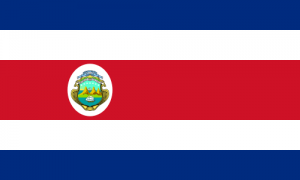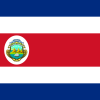 When it comes to understanding different countries and their cultures, one of the ways to get an idea of a culture and its history is through exploring their currency. In the case of Costa Rica, looking into the history of their currency, known as colones, can give you insight into important historical and current cultural developments.
When it comes to understanding different countries and their cultures, one of the ways to get an idea of a culture and its history is through exploring their currency. In the case of Costa Rica, looking into the history of their currency, known as colones, can give you insight into important historical and current cultural developments.
Get to know more about colones, and in turn, Costa Rica… so that you can enjoy your upcoming surf trip even more so.
The name of the colón (the plural being colones), comes from the name Christopher Columbus. While this may not seem to make sense in English, in Spanish, Christopher Columbus is Cristóbal Colón. Christopher Columbus was the first European explorer to explore Costa Rica and he did so in the year 1502. After this initial visit, much of the indigenous peoples were soon conquered in one way or another and for 300 years, the area now known as Costa Rica was a Spanish colony.
The country eventually broke free, along with the rest of Central America, and became a free democracy in 1869. The colón was first introduced in Costa Rica in 1896 and replaced the peso as the national currency. Later on in the three year span of 1917 to 1919, a subunit of the colón, centavos, was also introduced (the same way a penny is a subunit of an US dollar).
While the colón remains the primary form of currency, it is not always referred to by its proper name. One term often used for an amount less than 100 colones is caña which is the Spanish term for sugar cane. Other terms can include teja which is applied to units of 100, un rojo for 1000, and un puma for 10,000. These slang terms are commonly used amongst locals.
Now, with this new knowledge, you’re just a bit more ready for your Costa Rica surf camp!
Surf Costa Rica with Real Surf Trips and see why it’s called the ‘Rich Coast’. Real Surf Trips offers first class accommodation, experienced teachers, and superior service in one of the best surfing spots in Costa Rica!

